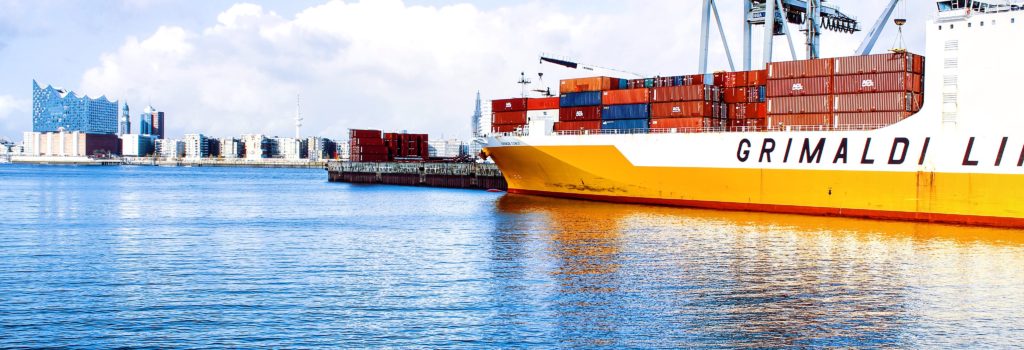Trade, trade, trade… Last week was all about trade… How should we expect a prolonged trade battle to impact the economy and markets?
GDP Impact
Thus far, tariffs have had a minimal impact on economic output, however, recent increases in tariffs may change that. China GDP is expected to fall somewhere between .3% and .5% as a result of the current tariff structure. Should the US tariff the remaining $300B of imports, China would see GDP fall by as much as 1%. The impact to the US economy is expected to move GDP from just above 2% to just below 2%. Ultimately still an expanding economy, but slowing, which causes concerns that it may stall.
Inflation Impact
There has been much made of the impact tariffs would have on inflation, an impact that has yet to materialize. It is believed by many that the tariff impact is being absorbed by corporate profits. In other words, companies pay the taxes and are not passing the cost along to consumers. That may change as we move from 10% to 25% on the tariff front.
Central Bank Intervention
It is possible we could see the Federal Reserve Board (FRB) cut rates. Something few would have expected 5 months ago. This likelihood has risen since GDP will likely degrade over coming quarters as we move into a prolonged trade battle. The FRB is not the only central bank likely to act. The Peoples Bank of China (PBOC) will likely implement stimulus to prevent a slowing of economic growth. The Bank of Japan (BOJ) will likely forego a planned tax hike. This will allow them to keep their struggling economy from slipping into a recession. The BOJ has to react to the trade war, as they have struggled with reduced exports to China.
Currency
For the first part of this year, the yuan slipped against the Dollar about 4%, offsetting a portion of the tariff impact. Slight variances will not be enough to shade a 25% tariff. The fear is that China will manipulate currency valuation to offset tariffs and keep their GDP from falling below 6%. This is unlikely as they value their inclusion in the International Monetary Fund (IMF) and MSCI Emerging Market Index. Both of which would be at risk if they manipulated their currency valuation.
Conclusion
Slowing GDP is concerning; however, trade specific slowing would not be enough to cause slowing to move into negative territory. Inflation is subdued currently; should Corporate America pass tariffs through to consumers, it would be supported. It would likely increase inflation by approximately .5%. Central banks will likely react to support economies, which will further forestall a recession. In all, while there may be short term turmoil as markets digest the fact that the trade war is escalating rather than ending, expect this 10 year expansion to continue, albeit subdued.
Your interest in our articles helps us reach more people. To show your appreciation for this post, please “like” the article on one of the links below:
Facebook | Twitter | LinkedIn | Google+
FOR MORE INFORMATION:
If you would like to receive this weekly article and other timely information follow us, here.
Always remember that while this is a week in review, this does not trigger or relate to trading activity on your account with Financial Future Services. Broad diversification across several asset classes with a long-term holding strategy is the best strategy in any market environment. Any and all third-party posts or responses to this blog do not reflect the views of the firm and have not been reviewed by the firm for completeness or accuracy.

